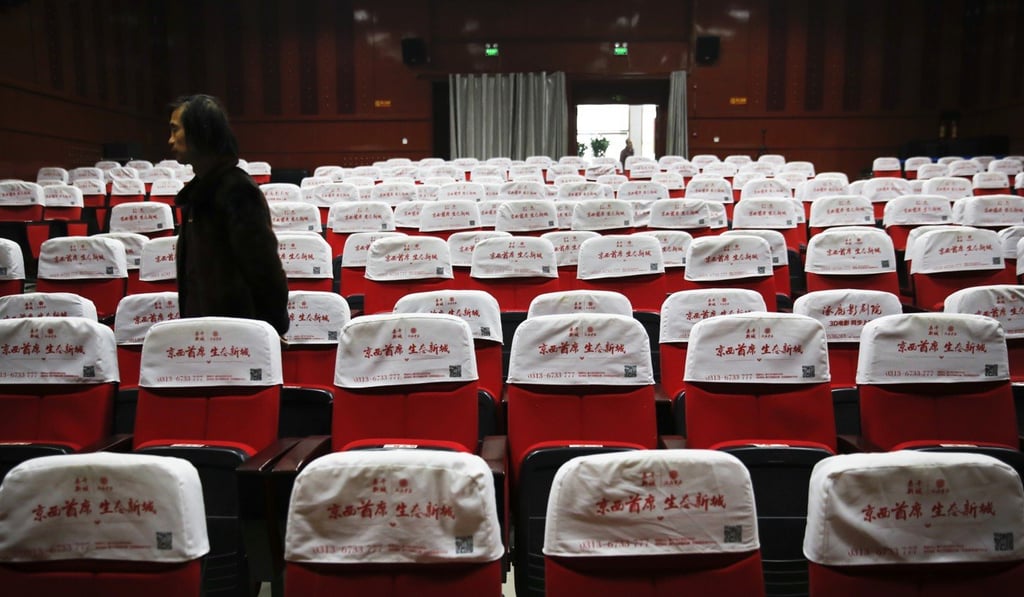Dadi Cinema expands in smaller Chinese cities to tap stronger growth in movie ticket sales

Dadi Cinema Group, mainland China’s second-largest cinema investment and management company, plans to build as many as 60 new outlets this year, focusing on lower-tier cities where people have more spare time to make the trip to a cinema.
The group, trailing only Wanda Cinema Line in China in size, will also actively seek acquisition targets to increase the number of screens it owns following the purchase of Golden Harvest’s mainland cinema arm early this year, according to Dadi chief executive Yu Xin.
“People in second- to fifth-tier cities have much more time to spend watching films,” she said. “They will continue to be a high-growth territory for Dadi to exploit.”
At present, Dadi owns more than 400 cinemas and about 2,500 screens across the mainland.
At the start of 2017, it paid 3.3 billion yuan (US$485 million) to buy out City Entertainment Corp, a subsidiary of Orange Sky Golden Harvest Entertainment (Holdings), which operates and manages 76 cinemas with 531 screens on the mainland.
